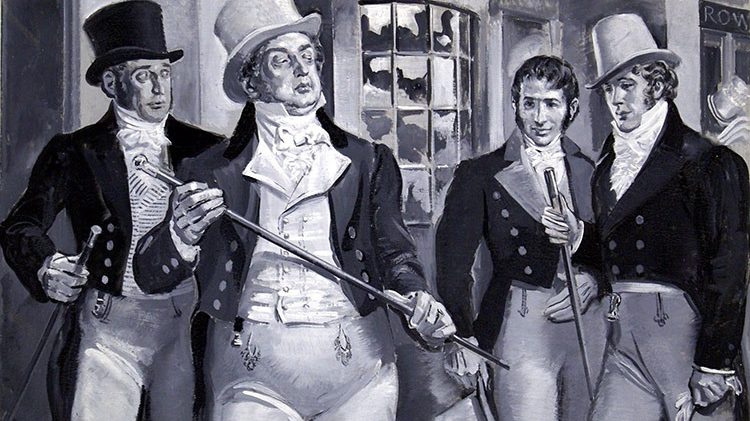
Studied Informality and Global Britain
I was never pressured to ‘succeed’ growing up, but I enjoyed doing well at school in the same way that someone enjoys a game of Monopoly or Chess. There is a ludic joy at ‘winning’ baked into the stuffier corners of the British education system, and I decided my own chance to ‘get on’ was to learn to play the game. So long as it doesn’t look like you’ve tried too hard.
I bring this up not because I am at an inflection point professionally and personally, wondering where the rewards are for my successful teenage hoop-jumping (I am, but this isn’t the point here) but because the incentives, expectations and entitlements that this British definition of ‘success’ sets up are a serious barrier to any kind of viable 21st century ‘Global Britain’. Bear with me.
There is a well-worn Mark Twain quote about the world not owing anyone a favour. I know it’s true in my head, but in my gut, after playing the good second-generation migrant, winning a scholarship to a private school and a place at Oxford, I do somehow feel I am owed something, having played by and won at the rules of this peculiar game. And it’s not simply the academics; you feel obliged to learn the rest of the charade. Which knife with which course, which wine with which fish, what colour shoes to wear at which of the season’s events. Not to start a sentence with ‘or’ ‘and’ or ‘because’. Or at least that’s what I thought. Because that’s what I was taught and I didn’t know any better. And 150 years ago that would have been the key that unlocked ‘success’. The reality is though that these notions were outdated long before I was ever taught them and they are an anachronism that have probably gone a long way to hold me back, or at least leave me deeply dissatisfied with what I have already achieved.
So what? This class-inflected, 19th century horseshit matters because it may be unique to my education, but my education is by no means unique. And if these neuroses are debilitating for someone whose success has been limited by their possession of an education unfit for a multipolar world, these ideas are downright dangerous for those that have ‘succeeded’ in that world whilst cleaving to these same illusions. Private schools, Oxbridge and the Russell Group universities dominate the UK’s administration. Cameron’s first government had as many alumni from my old College, Magdalen, as women. That’s a single student body of around 400. This has huge implications for any attempt at creating a modern, global Britain. The disproportionate impact of a being led by the graduates of a culture of studied informality, charade-like rules, natural entitlement and a suspicion of the prepared is not to be underestimated.
We can see the port-stained fingerprints of this smeared across so much recent history, from the Brexit negotiations to Sunak’s delusional plan for ‘more maths’. The sense of entitlement amongst many of the ruling class, the expectation that we should be entitled to ‘win’ these games we believe we created leaves us ill-prepared for modernity. Britain is not a great power, but it could be a powerful nation.
Politically it may be too late after sacrificing the role as America’s interlocutor with Europe, but culturally and economically there are areas where we can succeed. There is a diverse and interesting set of areas from Sport and Culture to advanced Engineering where we should be championing winners. There is as strong an argument for compulsory drama and dance until 18 as there is for maths. But we need to be realistic that we are a second tier power with a first class ego and adjust our aspirations accordingly.
Just as I’ve had to.
Category: culture